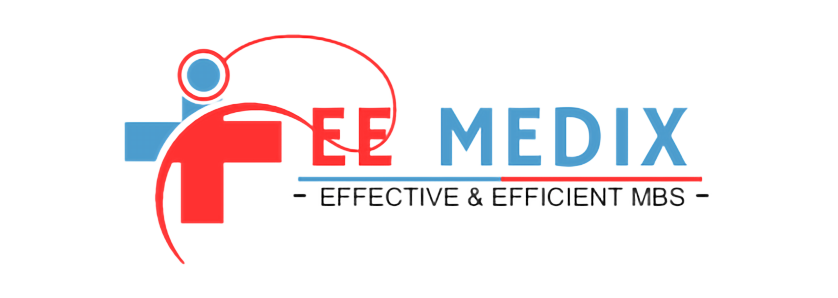The importance of efficient cardiology billing services cannot be overstated. Medical practices specializing in cardiology face unique challenges when it comes to billing and revenue management. This article explores the world of cardiology billing services, delves into the intricacies of coding, and sheds light on why understanding the cardiovascular system is crucial for medical coding and billing specialists. By the end of this comprehensive guide, you’ll have a deep understanding of how cardiology billing services can supercharge profits for your practice.
The Significance of Cardiology Billing Services
Cardiology, as a medical specialty, encompasses a wide range of procedures and treatments. From routine check-ups to complex surgeries and diagnostic tests, cardiology practices must manage a diverse array of billing codes and insurance claims. This complexity can lead to errors, delays, and, ultimately, revenue loss if not handled correctly.
What is the Billing Code for Cardiology?
In the world of medical billing, proper coding is essential. The primary code for cardiology services is the Current Procedural Terminology (CPT) code. For cardiology, these codes cover a variety of services, including office visits, diagnostic tests, and interventional procedures.
The most common CPT code for cardiology is 93510, which is used for transthoracic echocardiography. Other codes, such as 93010 (Electrocardiogram), 93543 (Permanent Pacemaker), and 93555 (Transoesophageal Echocardiography), are used to bill for different cardiology procedures.
What is the CPT Code for Cardiology Visit?
Cardiology visits can vary in complexity, and different CPT codes are used to classify them. The most common codes include 99201 to 99205 for new patient visits and 99211 to 99215 for established patient visits. These codes take into account the complexity of the visit, the time spent with the patient, and the medical decision-making involved.
The Role of Medical Coding and Billing Specialists
Medical coding and billing specialists play a pivotal role in the healthcare industry. Their responsibilities go beyond just submitting claims to insurance companies. Understanding the cardiovascular system is crucial for these professionals because it allows them to accurately code procedures and diagnoses.
Why is it Important for Medical Coding and Billing Specialists to Know About the Cardiovascular System?
- Accurate Coding: A deep understanding of the cardiovascular system enables specialists to assign the correct codes for cardiology procedures. This accuracy is essential for successful reimbursement.
- Preventing Errors: Mistakes in coding can lead to claim denials or delays in payment. Knowledge of the cardiovascular system helps specialists avoid these errors.
- Compliance: Healthcare regulations require proper coding and documentation. Specialists who know the cardiovascular system can ensure compliance with these regulations.
- Communication: Billing specialists need to communicate effectively with healthcare providers. Knowledge of cardiology terminology and procedures facilitates this communication.
The Difference Between Medical Billing and Dental Billing
While both medical billing and dental billing involve submitting claims to insurance companies, they are distinct fields with unique challenges.
Medical Billing
Medical billing encompasses a wide range of medical specialties, including cardiology. The billing process is often more complex due to the diversity of services provided. Medical billers need to understand various coding systems, insurance policies, and regulations.
Dental Billing
Dental billing, on the other hand, focuses exclusively on dental procedures and treatments. The coding system used in dentistry is different from that of medical billing. Dental billers must possess a thorough understanding of dental terminology and specific dental insurance policies.
In conclusion, cardiology billing services are essential for the financial health of cardiology practices. The accurate coding of cardiology procedures, knowledge of the cardiovascular system, and compliance with healthcare regulations are all critical components of successful billing and revenue management.

